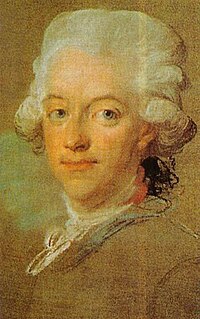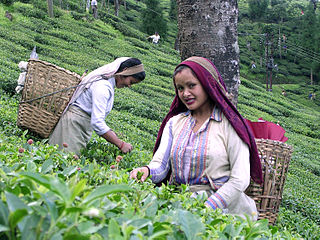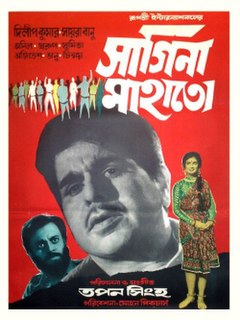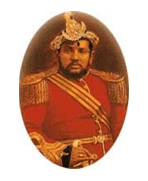 W
WThe history of tea spreads across multiple cultures over the span of thousands of years. Tea originated in southwest China, likely the Yunnan region during the Shang dynasty as a medicinal drink. An early credible record of tea drinking dates to the 3rd century AD, in a medical text written by Hua Tuo. It first became known to western civilization through Portuguese priests and merchants in China during the early 16th century. Drinking tea became popular in Britain during the 17th century. The British introduced tea production, as well as tea consumption, to India, in order to compete with the Chinese monopoly on tea.
 W
WThe Boston Tea Party was an American political and mercantile protest by the Sons of Liberty in Boston, Massachusetts, on December 16, 1773. The target was the Tea Act of May 10, 1773, which allowed the British East India Company to sell tea from China in American colonies without paying taxes apart from those imposed by the Townshend Acts. American Patriots strongly opposed the taxes in the Townshend Act as a violation of their rights. Protesters, some disguised as American Indians, destroyed an entire shipment of tea sent by the East India Company.
 W
WSir Samuel Cleland Davidson, KBE was a British inventor and engineer. Through his career in the tea import business he invented and patented a number of industrial machines and developed the earliest air conditioning systems. He founded the Sirocco Works in Belfast in 1881.
 W
WGustav III of Sweden's coffee experiment was a twin study ordered by the king to study the health effects of coffee. Although the authenticity of the event has been questioned, the experiment, which was conducted in the second half of the 18th century, failed to prove that coffee was a dangerous beverage.
 W
WIndia is one of the largest tea producers in the world, although over 70 percent of its tea is consumed within India itself. A number of renowned teas, such as Assam and Darjeeling, also grow exclusively in India. The Indian tea industry has grown to own many global tea brands and has evolved into one of the most technologically equipped tea industries in the world. Tea production, certification, exportation, and all other facets of the tea trade in India are controlled by the Tea Board of India.
 W
WSagina Mahato is a 1970 Bengali film. Produced by Shri J.K. Kapur and directed by Tapan Sinha, the film stars Dilip Kumar and Saira Banu. The film is based on the true story of the labour movement of 1942–43, told through with fictional characters, and the mock trial of Sagina Mahato, the trade union leader of a factory in Siliguri. It was entered into the 7th Moscow International Film Festival. The film was shot on locations in Kurseong, near Darjeeling. The film was remade as a Hindi film titled Sagina in 1974, by Sinha with the same leads, produced by the same producers team J.K. Kapur and Hemen Ganguly, though this version wasn't successful. Film music composed by legendary playback singer Anup Ghoshal
 W
WColonel Gajraj Singh Thapa was the first person to establish tea plantation estates in Nepal. Around 1873, Thapa, son-in-law of Prime Minister Jung Bahadur Rana, was on a tour of Darjeeling. He was impressed by the sight of the young tea plants and the taste of the drink he was offered everywhere he went. Upon his return to Nepal, he set up two plantations – the Ilam and Soktim tea estates, 103 acres (42 ha) each – and so began Nepal's tea industry. Colonel Thapa was then the Governor General of the eastern region of Nepal. Translation of various signposts placed in Ilam, reads that the very first tea saplings planted by Thapa was received as a gift from the Government of China, it was gifted to his father-in-law prime minister Jung Bahadur Rana. According to the signpost the genus of tea planted in the estate were Camellia sinensis/Camellia Assamica/Camellia assamica sub sp Lasiocalyx or cambodensis.